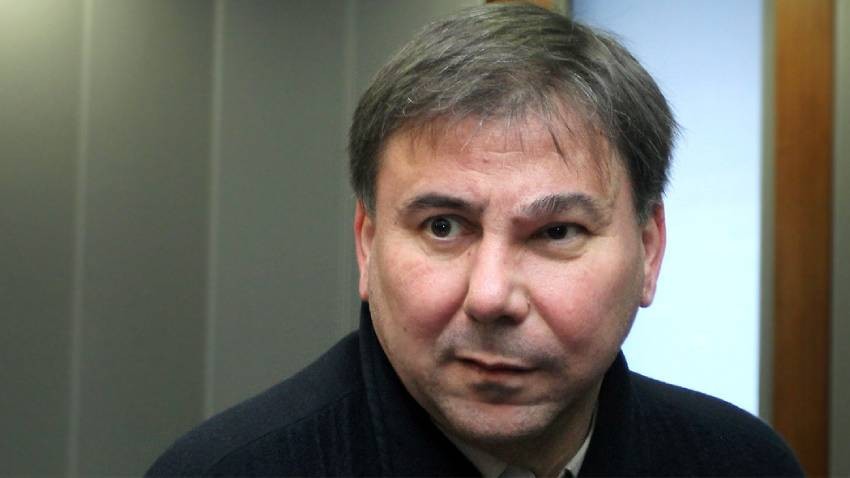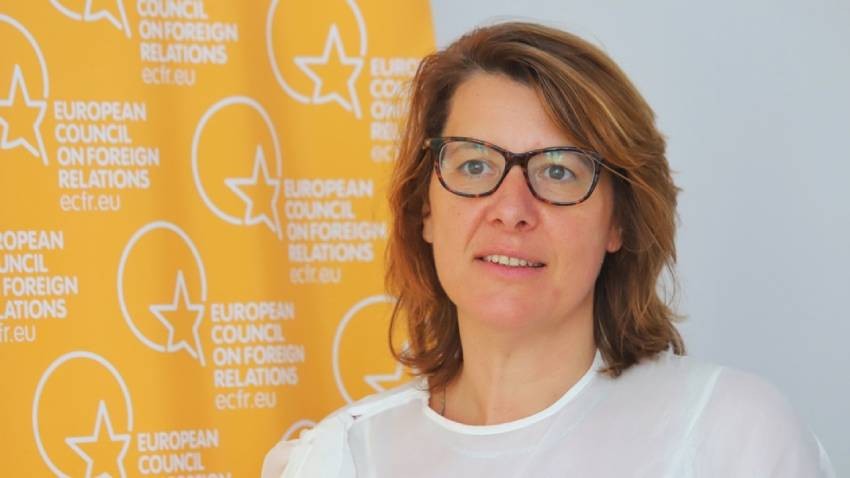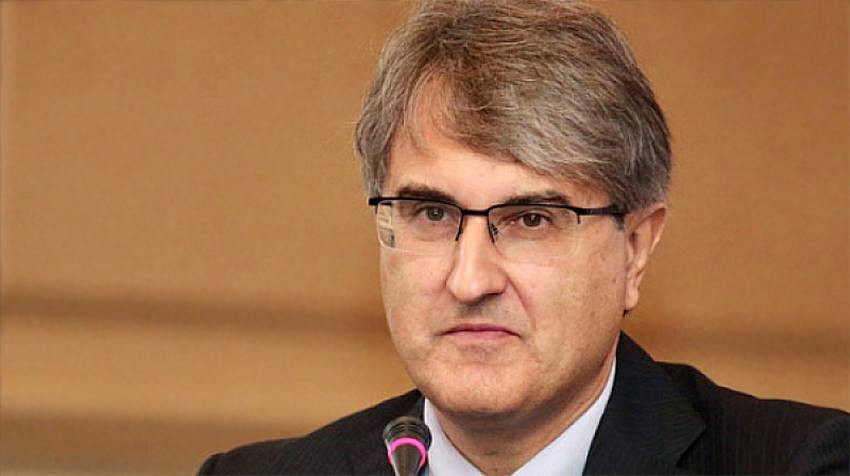On Sunday, June 9, Bulgaria elects the composition of the 50th National Assembly. These are the sixth early parliamentary elections in a row within a period of two and a half years, but this time they also coincide with the vote for a new European Parliament and Bulgarians must elect their 17 representatives there. However, the campaign for a national parliament succeeded in silencing the European debate in this country at a time when Bulgaria is on the threshold of the eurozone and the society is divided between support for the euro and the worries about a possible rise in inflation that might come with the loss of the national currency.

The fight against poverty is one of the leading topics for Europeans in the current EP campaign, according to a Eurobarometer survey from February-March this year. For 1/3 of the respondents, this is of primary importance, followed by the topic of health care (32%), the creation of new jobs and security and defence with equal percentages (31%). According to the voters, energy is also a priority in the EU politics, but the debate in Bulgaria on all these topics and the decisions that must be defended in the next European Parliament is sluggish and does not engage strong public energy.
The upcoming European elections will be much different in comparison the previous ones in 2019, political scientist Ivan Krastev said during a discussion in Sofia, dedicated to the European vote.

"In 2019, the elections took place almost entirely under the shadow of Brexit. Nineteen parties in different countries of the European Union demanded a referendum either on their country's participation in the European Union or on the euro. The current election, from this point of view, is different. Many of the parties that wanted such referendums stopped asking for them. Bulgaria is an exception in this respect. After these 5 years, which were largely influenced by both the Covid-crisis and the Russian aggression in Ukraine, many of the extreme parties on the left and right suddenly stopped wanting to leave the EU. According to me, one of the most important features of this election is the peculiar combination of fragmentation and polarization. There is polarization, but it is not the old polarization between those who want to leave and those who want to stay in the EU. Polarization runs on different topics. Europe turned out to be much more united precisely because it experienced five major crises at the same time /climate change, inflation, refugees, Covid and the war in Ukraine/ and each of them has effect on the individual person.”
The European elections are not in the sight of the Bulgarian parties, according to the deputy director of the European Council on Foreign Relations, Vesela Cherneva.

"Actually, these elections could have been well prepared, as people began talking about them several months ago. The moment it became clear that they would coincide with the elections for National Assembly, the political parties absolutely stopped being interested in the topic. They started putting all their resources only into the national campaign.”
The fact that the debate on the future of the EU during the next mandate of the EP has been displaced by internal political topics is worrying, but not surprising, economist Evgeniy Kanev says.

"Bulgarians are not so interested in what our MPs will do in the European Parliament,” Kanev says in an interview with Radio Bulgaria. “I would even say, there is an undisguised bad attitude towards MEPs, because they are perceived as people who go there for big salaries and as people who are connected to the leadership of the parties, without themselves having any role in this European Parliament. The European topic stays rather in the background because the role of the European Union and how it affects the lives of Bulgarians is not popular in Bulgaria."
According to Kanev, change is possible, but it must start at political level and continue at the level of media:
"This naturally depends on the parties themselves and secondly - on the Council of Ministers, which has the task of explaining things to the public. In addition, this depends mostly on BNR and BNT - the public media, which actually have the task of explaining in a popular way why we are in the European Union, what is the difference between the European Union and the Soviet Union, which many Bulgarians do not understand, and why Bulgaria benefits greatly by the membership? These things are extremely important to the way our society works and it would become very clear why we are not, in practice, a worthy member of the European Union as we lack the rule of law, which is the fundamental value of the European Union. A key point is that parties that are not interested in the rule of law are not interested in promoting the European Union."
Publication in English: Alexander Markov
Photos: EPA/BGNES, personal archive, Evgeniy Kanev
“We Continue the Change–Democratic Bulgaria” (PP-DB) has tabled a vote of no confidence against the government of Rosen Zhelyazkov in the “Justice and Internal Order” sector, BGNES reported. “We see not just a failure, but a systemic refusal..
In an article published by POLITICO , Sofia Mayor Vasil Terziev and Athens Mayor Haris Doukas called on European institutions to take a clear stance in defense of democracy in Turkiye, the Sofia Municipality press center reported. The..
Following the split within the Movement for Rights and Freedoms (DPS), Ahmed Dogan has announced the creation of a new political party - Alliance for Rights and Freedoms (APS). Democracy, Rights and Freedoms – DPS has been renamed to Alliance for..

+359 2 9336 661
